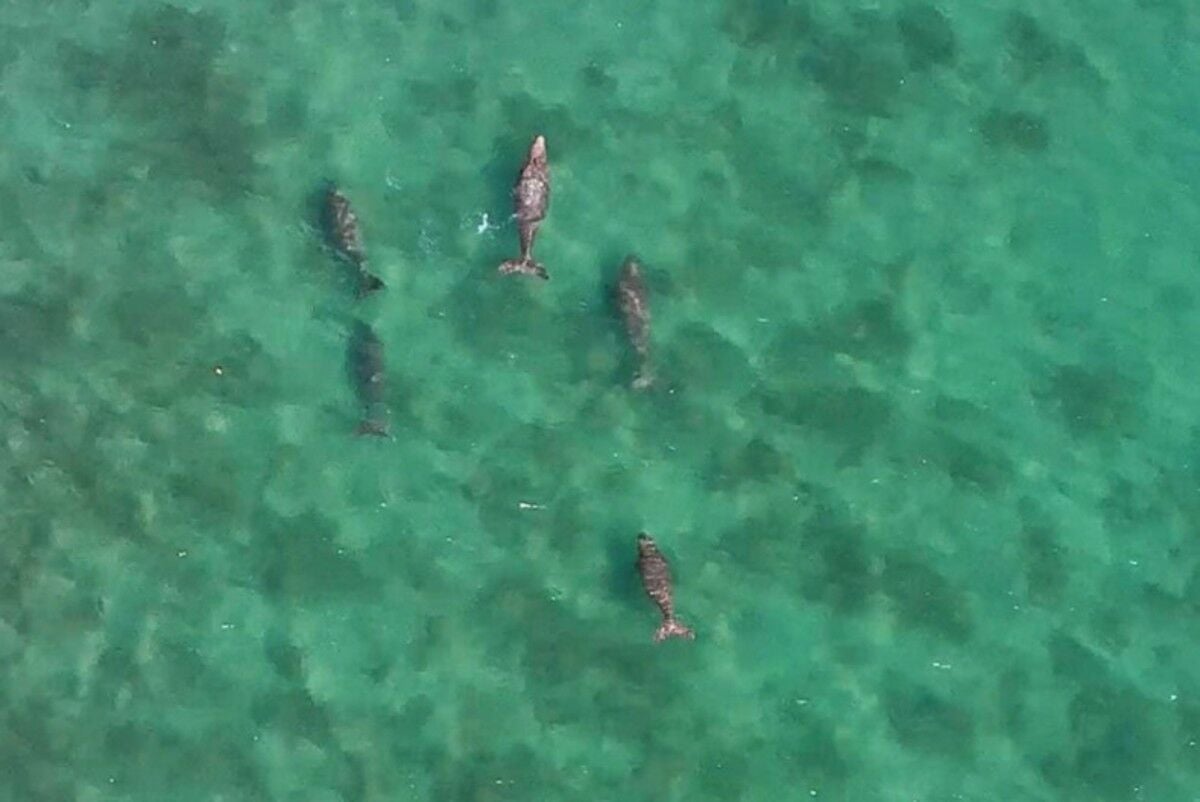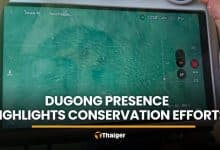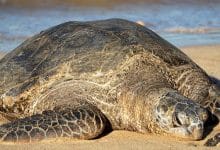Thailand launches UAVs to protect endangered dugongs

Efforts to preserve the dugong population have intensified following the recent discovery of several deceased specimens. Natural Resources and Environment Minister, Chalermchai Sri-on, announced a series of new measures aimed at safeguarding these unique marine mammals, whose survival is threatened by the disappearance of seagrass meadows—an essential food source for the world’s only herbivorous marine mammal.
The decline of seagrass meadows is compelling dugongs to migrate in search of sustenance, exposing them to potential injuries from fishing activities and other sea hazards. To combat this, a more precise survey of the dugong population will be conducted using fixed-wing unmanned aerial vehicles (UAVs). This technology promises not only enhanced accuracy in monitoring but also a closer examination of the health of these creatures, enabling the identification and aid of those that are unwell.
Another key measure involves designating certain marine areas as temporary dugong protection zones. Within these zones, activities that could harm dugongs will be restricted. Initial areas under consideration for this status include Rawai Beach and Bang Rong Bay in Phuket, as well as Bang Khwan Bay in Phang Nga, locations where numerous dugongs have recently been spotted. Further discussions with relevant stakeholders are planned to assess their perspectives on these protective measures.
Additionally, there is a strategy to address the depletion of seagrass by providing alternative food sources to dugongs. This plan includes the isolation of sick or starving dugongs from their groups to receive care in makeshift isolation pools at sea.
The Department of Marine and Coastal Resources (DMCR) and the Department of National Parks, Wildlife and Plant Conservation (DNP) are collaborating to establish joint operations centres dedicated to dugong conservation. The initiative is budgeted at 615.16 million baht.
Food supplements are currently being distributed in specific areas in Phuket, Trang, and Phang Nga as part of the strategy to counteract seagrass depletion, stated Pinsak Suraswadi, director-general of the DMCR.
Targeted locations for these efforts include areas beneath Rawai Bridge and Tang Khen Bay in Phuket, a zone near Koh Libong, Chao Mai National Park in Trang, and Bang Khwan Bay in Phang Nga. Additionally, floating fences are being constructed to isolate and rehabilitate sick or weakened dugongs in the sea, particularly in Phang Nga, reported Bangkok Post.
Latest Thailand News
Follow The Thaiger on Google News:


























